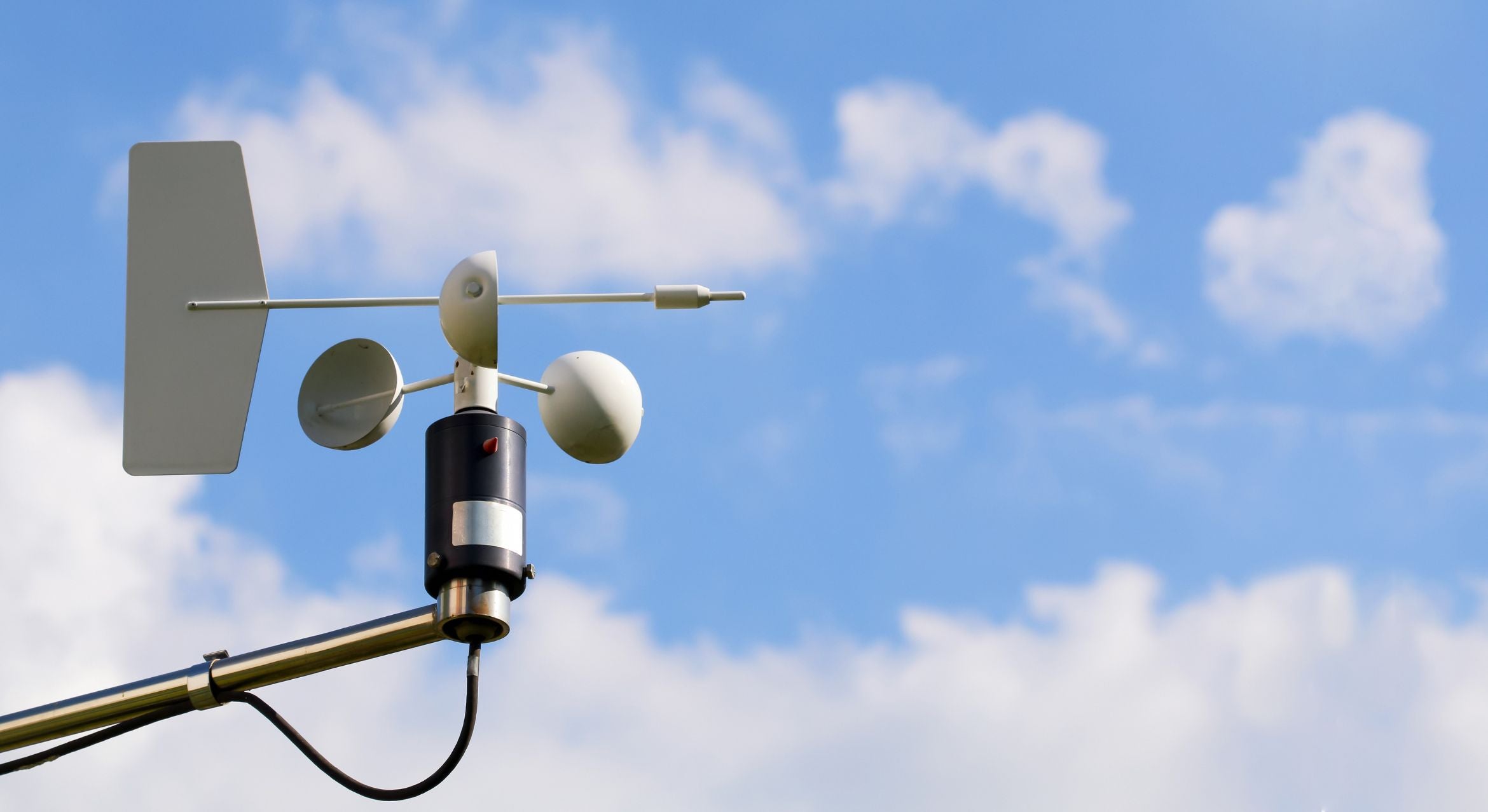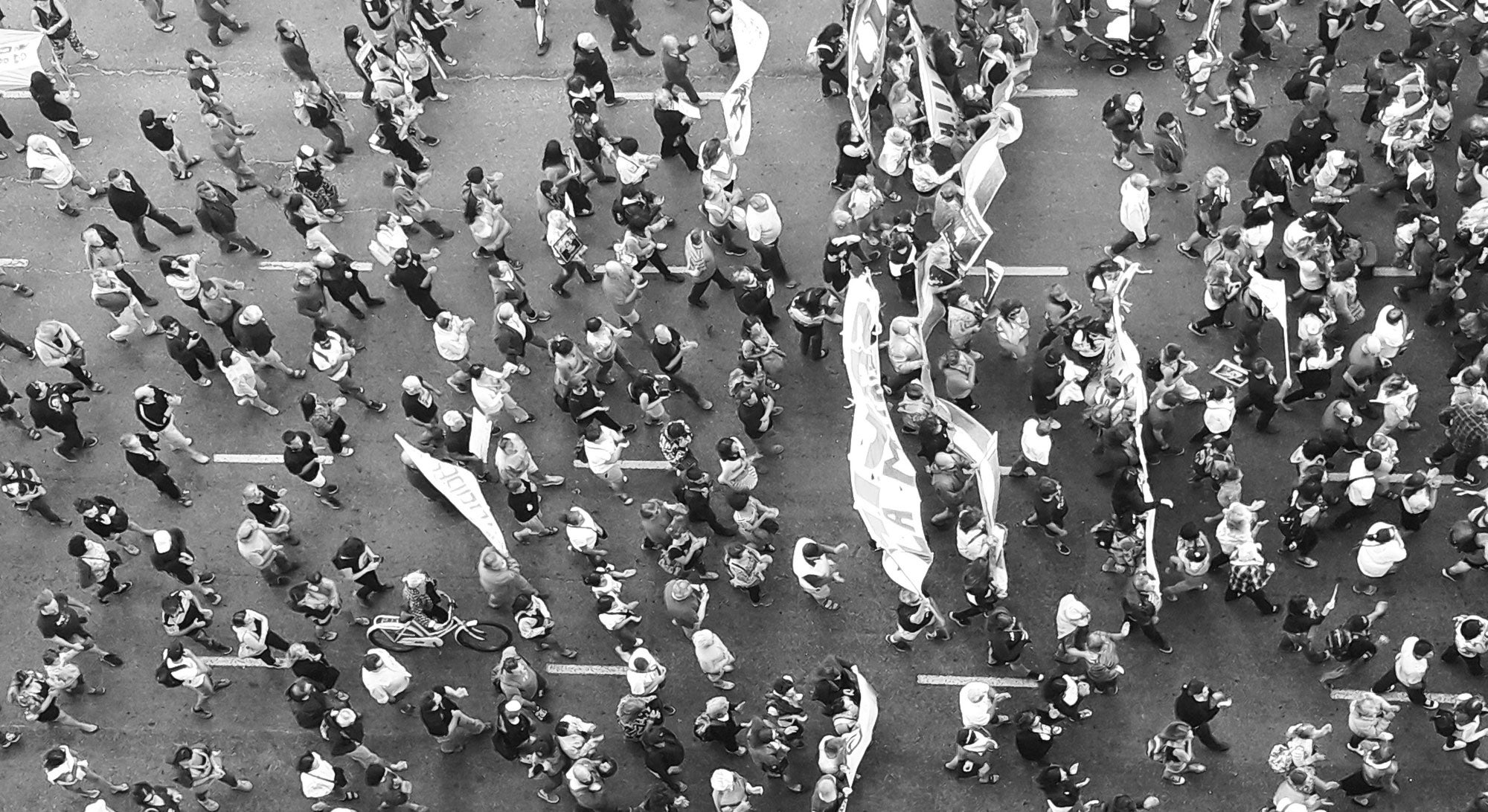International Scholars at UC Santa Barbara Summer Institute Study Religious Pluralism in the United States
Eighteen scholars from around the world have gathered at the University of California, Santa Barbara this summer to study the religious diversity of the United States and to learn first hand how people with widely differing beliefs can coexist.
They are participating in a program titled "Study of the United States - Institute on Religious Pluralism," which was developed by UCSB's Department of Religious Studies. Now in its sixth year, it is one of 10 university programs around the country funded by the Study of the United States Branch of the U.S. Department of State's Bureau of Educational and Cultural Affairs. The bureau seeks to bring foreign scholars to the United States to learn about various aspects of American life.
A key focus of the program is a timely look at how people of different faiths can get along and work toward common goals in a single society.
"Religious pluralism is increasingly a global challenge and we are delighted that the Department of State has funded us for a sixth year," said Institute Academic Director Wade Clark Roof, a professor of religious studies at UCSB. He added that the visiting scholar-students "are finding out how Americans of different faiths get along with one another, and reflecting on what pluralism as ideology and practice looks like in their own country."
Participants have come from universities in 18 countries, including Algeria, Botswana, Czech Republic, Egypt, Indonesia, Kosovo, Macedonia, Niger, Norway, New Zealand, Romania, Russia, Taiwan, Turkey, United Arab Emirates, Uganda, and the West Bank.
The program, which began on June 23, includes field trips to Los Angeles (July 12-15); Salt Lake City (July 25-27); Atlanta (July 28-31); and Washington, D.C. (August 1-6). The field trips are designed to help the scholars understand the breadth of religious diversity in the United States. Depending upon how one counts splinter groups, as many as 2,000 organized religions are practiced in this country, Roof said.
Other topics being covered include the history of religion in the U.S., the demography and sociology of religion, religion and politics, religion and the media, religion and journalism, and religion and film.
"We also want to look at how religion can contribute to a civil society," Roof said. "And also at how religion can contribute to democratic ideals, such as respect for others, human rights, freedom and equality, all of which have deep roots in religious traditions."



